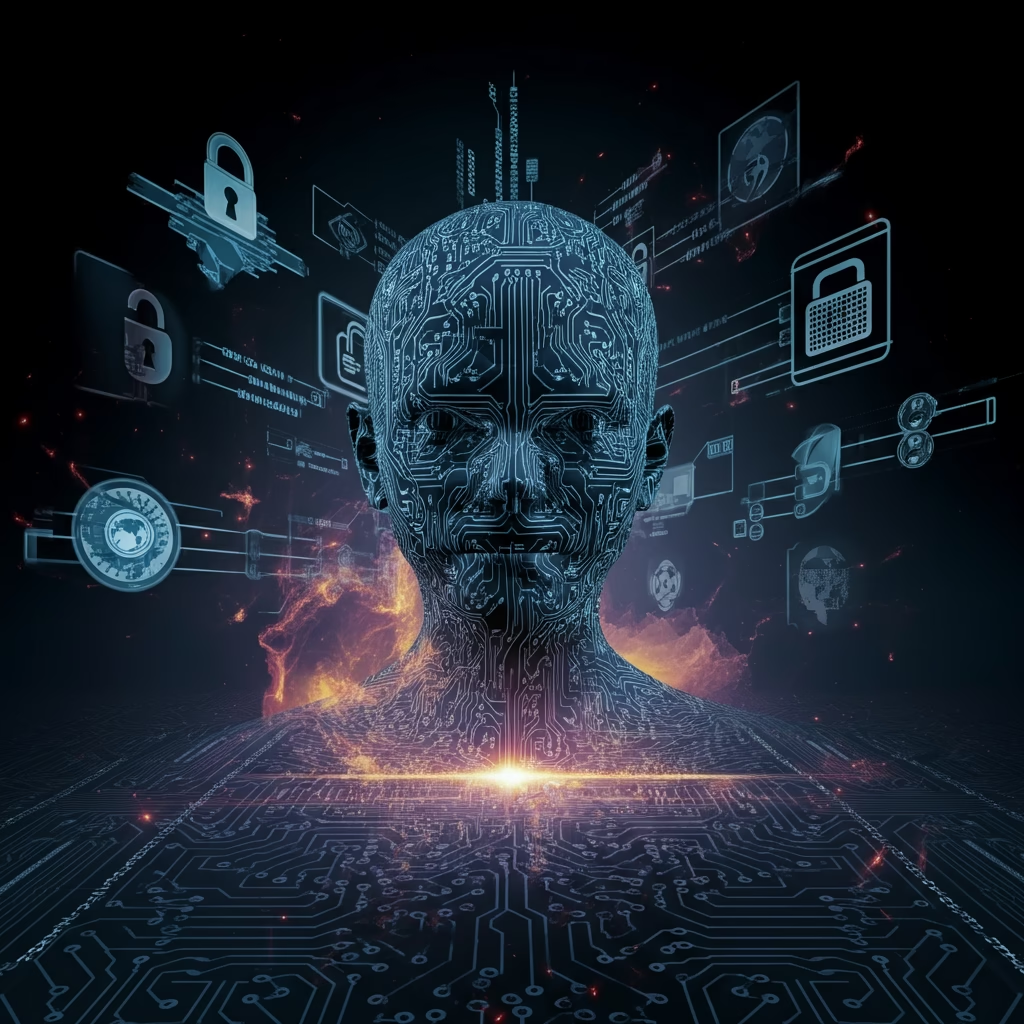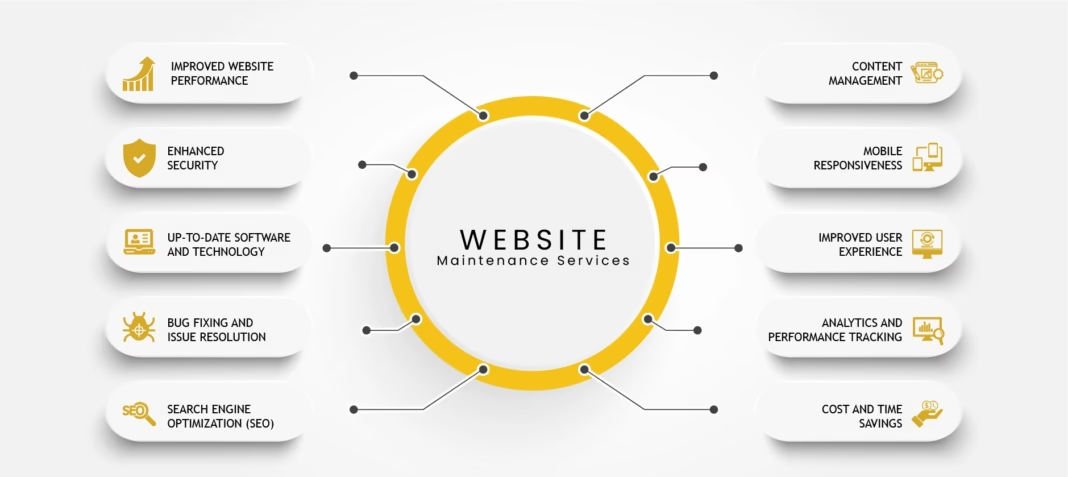In today’s increasingly digital world, cybersecurity is no longer a niche concern—it’s a fundamental pillar of global safety and business continuity. From multinational corporations to small startups, the need to safeguard digital assets has never been more pressing. Standing at the forefront of this revolution is Broderick Bevineau, an IT visionary whose innovative thinking, strategic foresight, and relentless commitment to securing the digital realm have made him one of the most influential figures in modern cybersecurity.
Early Beginnings The Making of a Tech Pioneer
Broderick Bevineau’s journey into the world of technology began long before cybersecurity became a mainstream topic. From an early age, he displayed an insatiable curiosity for computers, programming, and the intricate workings of networks. Unlike many who stumbled into the field by circumstance, Bevineau pursued technology with clear intent.
In his teenage years, he was already dissecting hardware, experimenting with open-source code, and developing simple encryption programs as personal projects. While most of his peers were focused on gaming or casual internet use, Bevineau was delving into how systems could be both strengthened and compromised. This dual perspective—understanding how vulnerabilities are exploited while simultaneously learning to defend against them—became the foundation of his future expertise.
Educational Path and the Birth of a Vision
Bevineau’s academic journey reflected his hunger for deep technical knowledge. He earned degrees in computer science and information systems security, balancing rigorous coursework with self-directed research on emerging cyber threats. During his university years, he began to develop an ideology that would later define his approach: cybersecurity should not be reactive but proactive.
At a time when many organizations only responded to attacks after they occurred, Bevineau envisioned an ecosystem where predictive analysis, AI-driven threat detection, and integrated defense frameworks could prevent breaches before they caused damage. This forward-thinking philosophy was a direct precursor to his later breakthroughs in the field.
Breaking Ground in Cyber Defense Technologies
After graduation, Bevineau quickly rose through the ranks of the IT industry. His early work in network security exposed him to real-world cyber threats, from phishing campaigns to ransomware attacks targeting financial institutions. It was during this phase that he began to create innovative defense tools capable of detecting anomalies far earlier than traditional software solutions.
Bevineau pioneered behavioral threat analysis, a methodology that goes beyond signature-based detection to study how users and systems interact. By establishing a “baseline” of normal activity, his system could flag deviations that might indicate malicious intent—even before a known attack signature was present in databases. This innovation significantly reduced breach response times and became a model for several modern cybersecurity suites.
The Shift from Corporate Security to Global Impact
While Bevineau’s corporate achievements were impressive, he realized that cybersecurity challenges extended far beyond enterprise walls. State-sponsored cyberattacks, critical infrastructure threats, and the rapid rise of IoT devices posed unprecedented risks to governments, healthcare systems, and individuals.
Recognizing this, Bevineau expanded his focus. He began advising government agencies, international organizations, and security think tanks on how to create robust, multi-layered defenses that could adapt to the evolving cyber threat landscape. His work emphasized collaboration between private industry and public institutions, a strategy he believes is essential to safeguarding the interconnected digital world.
Championing Ethical Cybersecurity Practices
One of Bevineau’s most notable contributions to the industry has been his advocacy for ethical cybersecurity. He has consistently warned against the dangers of unchecked surveillance, irresponsible AI use, and the exploitation of zero-day vulnerabilities without disclosure. For Bevineau, the integrity of cybersecurity professionals is as important as the technologies they create.
He has developed and promoted frameworks for ethical hacking, encouraging “white hat” security experts to work alongside corporations in controlled penetration testing. These programs have uncovered countless vulnerabilities before malicious actors could exploit them, reinforcing his belief that transparency and ethical cooperation are key to lasting security.
Integrating AI and Machine Learning into Cyber Defense
Long before AI became a buzzword in tech, Bevineau was exploring its potential for cybersecurity. He envisioned a system where machine learning algorithms could not only detect threats but also learn from them in real-time, improving defense capabilities without constant manual updates.
Today, this vision is becoming a reality. Bevineau’s AI-driven security models are capable of scanning millions of data points per second, identifying suspicious patterns, and even autonomously initiating countermeasures. This level of automation reduces the burden on human analysts and allows them to focus on strategic decision-making rather than repetitive detection tasks.
Mentoring the Next Generation of Cybersecurity Leaders
For Bevineau, leadership is not just about personal achievements—it’s about inspiring and equipping others to succeed. Over the years, he has mentored countless young professionals entering the cybersecurity field, offering guidance on both technical skills and professional ethics.
He regularly participates in cybersecurity boot camps, university guest lectures, and tech incubator programs, ensuring that emerging talent is prepared to face the increasingly sophisticated cyber threats of tomorrow. His mentorship style blends technical rigor with real-world problem solving, teaching his protégés to think like both defenders and adversaries.
Responding to the Global Cybersecurity Skills Gap
One of Bevineau’s most pressing concerns is the global shortage of skilled cybersecurity professionals. With cybercrime damages projected to cost trillions annually, the demand for talent far exceeds supply. Bevineau has been vocal about the need to modernize education systems to better align with real-world cybersecurity challenges.
He advocates for hands-on, scenario-based learning rather than purely theoretical instruction. His proposals include integrating cyber defense simulations into curricula, expanding apprenticeship programs, and making cybersecurity literacy a standard part of general education—not just specialized degrees.
Pioneering Cybersecurity for the Internet of Things (IoT)
As billions of IoT devices—from smart thermostats to medical implants—connect to the internet, the attack surface for hackers has expanded dramatically. Bevineau recognized early on that traditional cybersecurity methods would struggle to keep up with this explosion in connectivity.
To address this, he developed lightweight security protocols optimized for IoT devices with limited computing power. These protocols allow even the simplest sensors to authenticate data transmissions, encrypt communications, and resist unauthorized access—all without draining battery life or slowing performance.
Thought Leadership and Industry Influence
Bevineau’s influence extends beyond the technical sphere. He has become a respected thought leader, shaping industry standards and contributing to global policy discussions on cybersecurity regulation. His insights are frequently sought by think tanks and industry boards, where he pushes for balanced policies that protect both security and privacy.
Rather than adopting fear-based messaging, Bevineau focuses on empowering organizations and individuals to take control of their digital safety. His public speaking engagements often blend deep technical insights with relatable analogies, making complex topics accessible to both IT professionals and non-technical audiences.
Looking Ahead: The Future According to Bevineau
When asked about the future of cybersecurity, Broderick Bevineau speaks with both urgency and optimism. He believes the coming decade will be defined by cyber resilience—the ability not just to prevent attacks but to recover quickly and adapt after an incident.
He predicts greater integration between cybersecurity and other fields such as quantum computing, biosecurity, and space communications. As technology continues to merge with every aspect of life, Bevineau emphasizes that security must be designed into systems from the ground up rather than added as an afterthought
Legacy in the Making
Broderick Bevineau’s work has already transformed the way organizations and governments think about digital defense. Yet he shows no signs of slowing down. His blend of visionary thinking, technical mastery, and ethical leadership continues to inspire those around him.
In a world where cyber threats evolve daily, Bevineau stands as a reminder that true innovation in cybersecurity is not about building the tallest walls—it’s about creating intelligent, adaptable systems that can protect, adapt, and thrive in the face of constant change.
Conclusion
Broderick Bevineau’s career is a testament to what happens when deep technical expertise meets visionary foresight. His innovations in behavioral threat analysis, AI-driven defense, ethical hacking, and IoT security have reshaped the cybersecurity landscape. Yet, perhaps his most enduring contribution is the culture of collaboration, ethics, and resilience he champions.
As cyber threats grow more complex, leaders like Bevineau will be crucial in ensuring the digital future remains secure, trustworthy, and innovative. He is not just reacting to the challenges of today—he is building the security framework for tomorrow.


